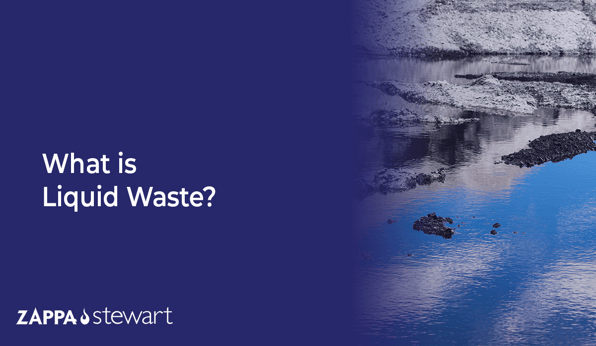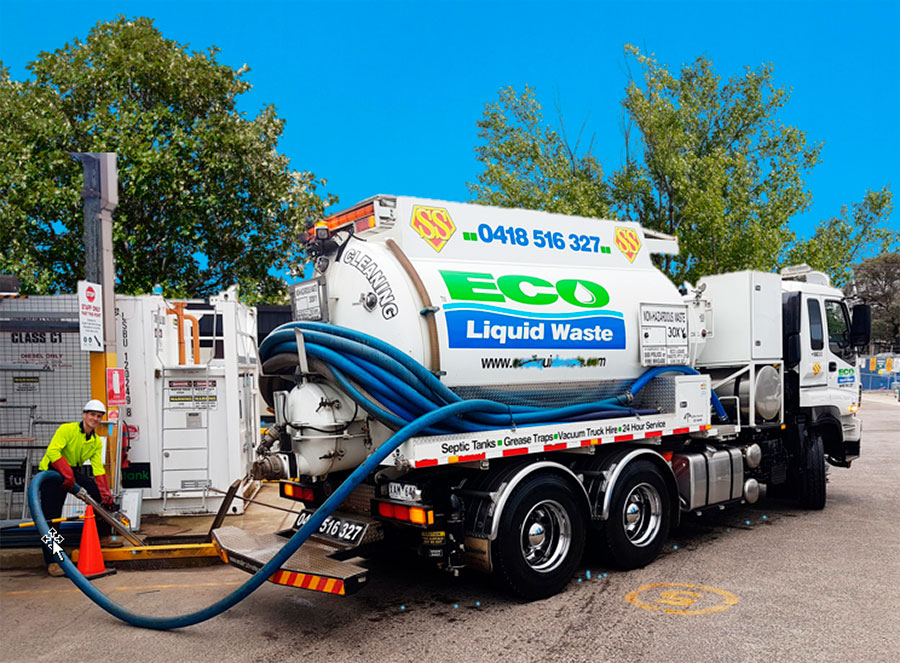Things about Reclaim Waste
Things about Reclaim Waste
Blog Article
Little Known Questions About Reclaim Waste.
Table of ContentsThe Main Principles Of Reclaim Waste Reclaim Waste Can Be Fun For AnyoneThe Single Strategy To Use For Reclaim WasteHow Reclaim Waste can Save You Time, Stress, and Money.Fascination About Reclaim Waste
Domestic sewer waste refers to the waste and items from a residential septic tank. The proper management and disposal of residential sewer waste require fluid waste to be transferred to a sewer treatment plant where the proper techniques and equipment are applied to detoxify and dispose of waste.
Industrial waste often consists of potential dangers, such as combustible materials or a combination of liquid and strong waste items, and requires a much more advanced and in-depth disposal procedure. The disposal of commercial waste normally involves the filtering of waste prior to transportation to make certain safe and appropriate disposal. Hazardous waste is created from by-products and drainage of commercial processes and production.
This type of waste can not make use of the same sewage administration transport or procedures as septic or business liquids. The hazardous waste management procedure requires the examination and testing of liquid waste prior to it undergoes the disposal process (industrial wastewater treatment). Runoff waste is the liquid waste that comes from runoff and excess stormwater in extremely inhabited locations or cities
Drainage waste can trigger contamination and flooding if not taken care of correctly. Ensuring proper waste monitoring can protect against calamities and lower environmental injury.
More About Reclaim Waste
Contact PROS Providers today to find out about our waste management and disposal solutions and the proper means to take care of the fluid waste you create.
(http://peterjackson.mee.nu/where_i_work#c2441)Do you know what occurs to your water when you disengage, flush the commode or drain pipes the washing machine? No? Well, it's worth understanding. This so-called 'wastewater' is not just a crucial resource yet, after therapy, will be launched to our land, waterways or the ocean. Made use of water from bathrooms, showers, bathrooms, kitchen area sinks, laundries and commercial processes is called wastewater.

water made use of to cool equipment or clean plant and tools). Stormwater, a type of wastewater, is runoff that moves from agricultural and urban locations such as roof coverings, parks, gardens, roadways, paths and seamless gutters into stormwater drains, after rainfall. Stormwater flows unattended straight to local creeks or rivers, at some point reaching the ocean.
Everything about Reclaim Waste
In Queensland, many wastewater is dealt with at sewer therapy plants. Wastewater is moved from domestic or industrial sites with a system of sewage systems and pump stations, called sewage reticulation, to a sewer treatment plant. Local governments develop, keep and operate most sewage treatment plants. Operators are licensed under the Environmental Management Act 1994 to release cured wastewater at an appropriate environmental standard into waterways.
The Division of Natural Resources recommends city governments regarding handling, operating and keeping sewage systems and treatment plants. In unsewered areas, regional governments may require householders to install specific or house sewer treatment systems to treat domestic wastewater from toilets, kitchens, bathrooms and washings. The Division of Natural Resources authorises using household systems when they are proven to be reliable.
In some brand-new class, treatment of some stormwater to remove clutter, sand and gravel has started utilizing gross pollutant catches. Wastewater treatment occurs in 4 stages: Eliminates solid issue.
Makes use of tiny living microorganisms recognizes as micro-organisms to break down and get rid of remaining dissolved wastes and great particles. Micro-organisms and wastes are integrated in the sludge.
The Of Reclaim Waste
Nutrient elimination is not readily available at all sewer therapy plants due to the fact that it calls for pricey specialized equipment. Clear fluid effluent generated after therapy might still have disease-causing micro-organisms - liquid waste disposal melbourne.

A lot of wastewater streams right into the sewage system. Under the Act, local federal governments carry out approvals and permits for ecologically relevant tasks (ERAs) entailing wastewater releases that could have a regional impact.
How Reclaim Waste can Save You Time, Stress, and Money.
Tracking gives valid information about water high quality and can verify that permit problems are being met. The info acquired with surveillance provides the basis for making water quality decisions.
Report this page